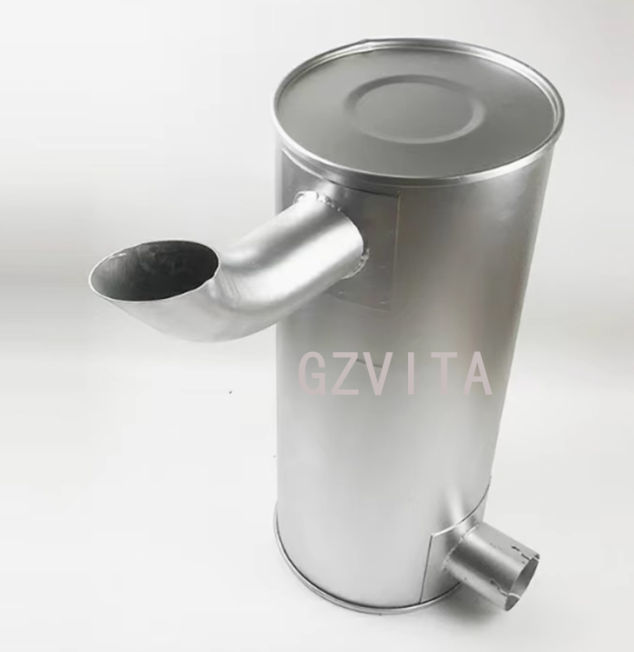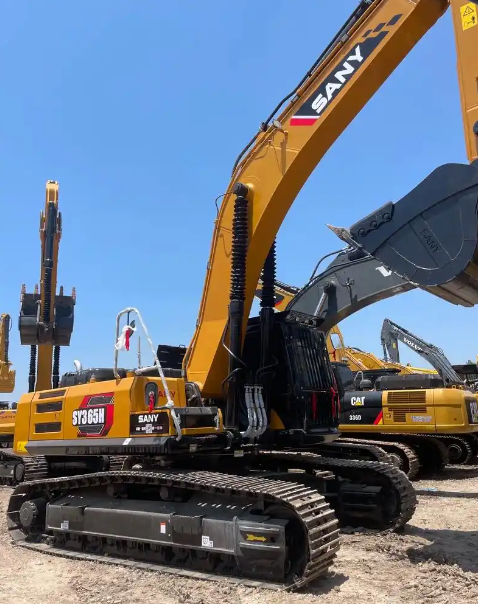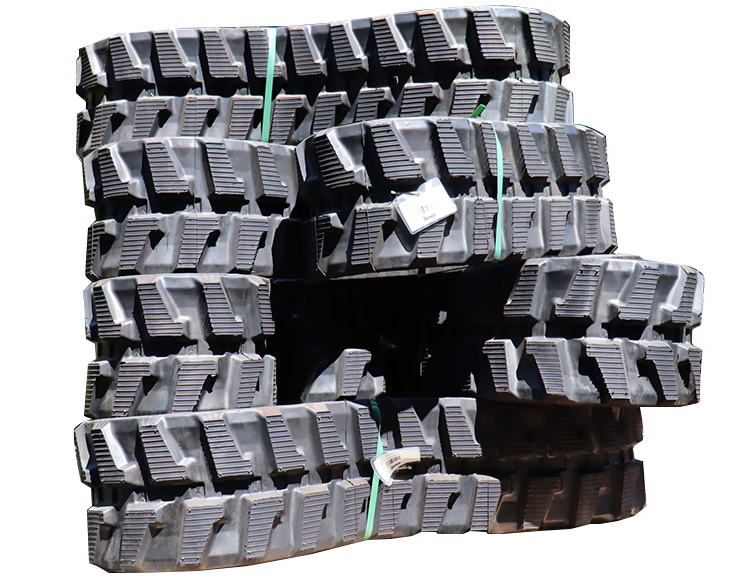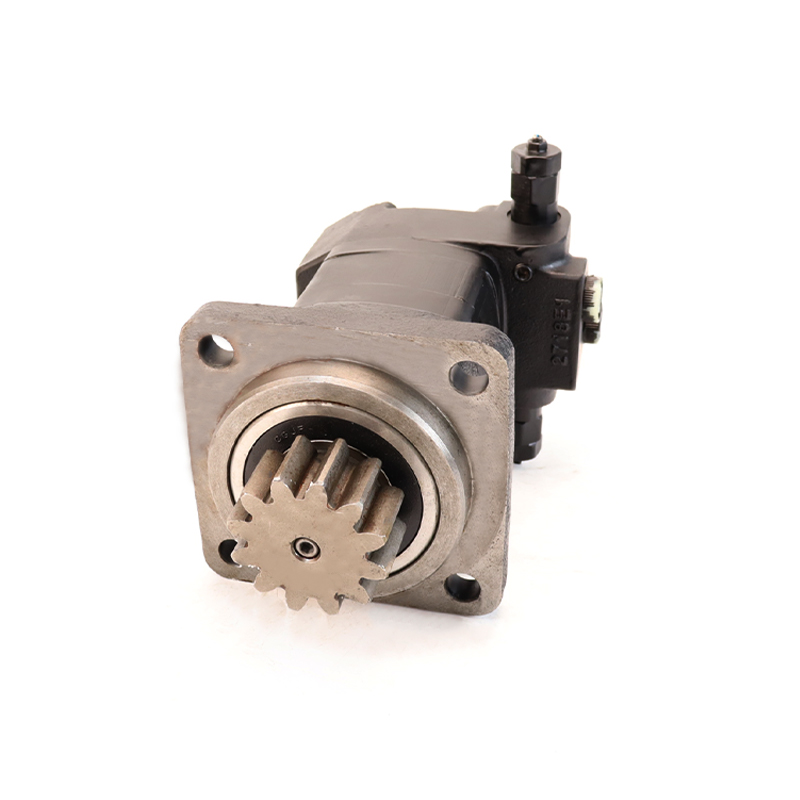 +86 13794985240
+86 13794985240 How can the operator better control the excavator?
- Familiarization with Controls
Understand the Controls: Operators should take the time to familiarize themselves with the specific controls of the excavator they are using. This includes understanding the joystick functions, pedals, and any additional controls for attachments.
Practice: Spend time practicing in a safe environment to get comfortable with the machine’s response to inputs.
- Proper Seating and Posture
Adjust the Seat: Ensure the seat is adjusted for comfort and visibility. The operator should be able to reach all controls easily.
Maintain Good Posture: Sit upright and maintain a relaxed grip on the controls to improve reaction time and reduce fatigue.
- Smooth Movements
Gentle Inputs: Use smooth and gradual movements when operating the controls. Jerky or abrupt actions can lead to loss of control and potential accidents.
Coordinate Movements: Practice coordinating the movements of the boom, arm, and bucket to achieve fluid operation.
- Use of Mirrors and Cameras
Visibility: Utilize mirrors and cameras (if equipped) to enhance visibility around the excavator. This helps in avoiding obstacles and improving spatial awareness.
Check Surroundings: Always be aware of the surroundings and ensure that the area is clear of personnel and obstacles before operating.
- Load Management
Know the Limits: Be aware of the excavator’s load limits and avoid overloading the machine, which can affect stability and control.
Balance the Load: When lifting or moving materials, ensure that the load is balanced to maintain stability.
- Practice Precision Work
Use Attachments Wisely: When using different attachments, practice precision work to improve control. This is especially important for tasks like grading or digging.
Set Targets: Use markers or targets to help guide movements and improve accuracy.
- Regular Maintenance Checks
Inspect the Machine: Regularly check the excavator for any mechanical issues that could affect control, such as hydraulic leaks or worn-out parts.
Keep Controls Clean: Ensure that all controls are clean and functioning properly to avoid any malfunctions.
- Training and Certification
Formal Training: Consider enrolling in formal training programs or certification courses for excavator operation. This can provide valuable skills and knowledge.
Continuous Learning: Stay updated on best practices and new technologies related to excavator operation.
Conclusion
By following these tips and continuously practicing, an operator can improve their control over the excavator, leading to safer and more efficient operation.












